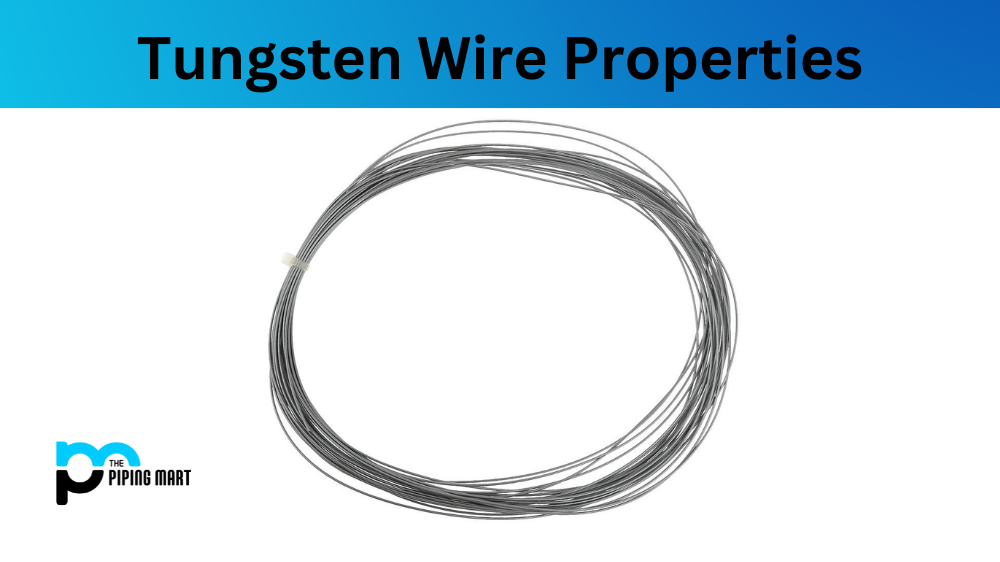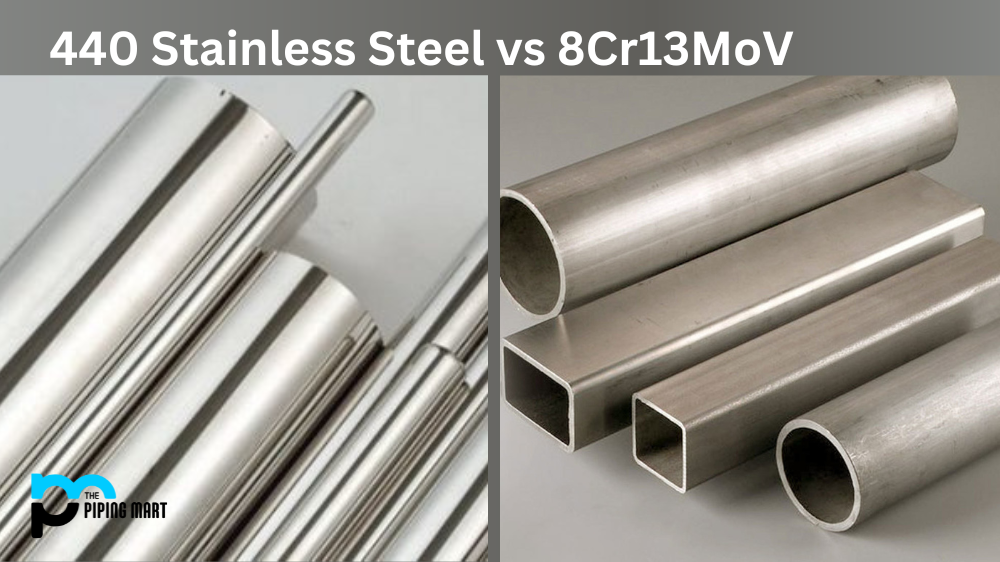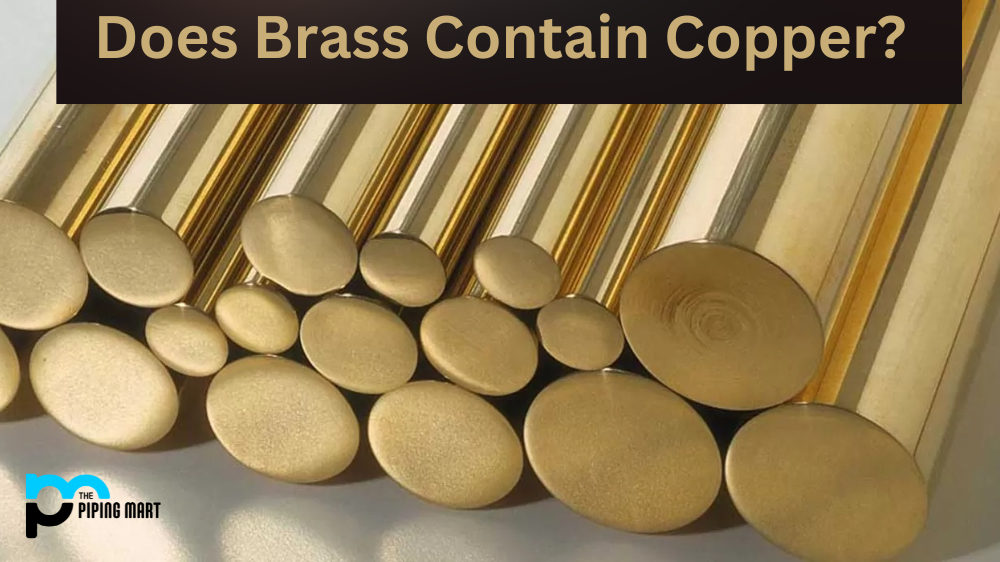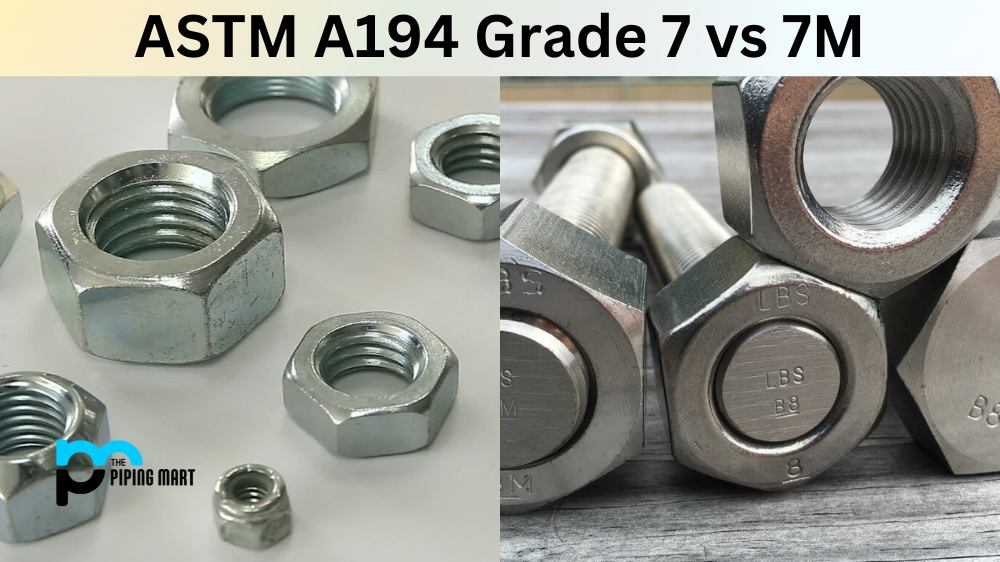Tungsten wire is a type of wire composed of tungsten, an extremely hard and strong metal. Its excellent electrical conductivity, melting point (3,422 °C), and low thermal expansion make it an ideal material for use in a variety of electrical applications. In this article, we’ll explore some of the properties that make tungsten wire so useful.
Properties of Tungsten Wire
Strength & Durability of Tungsten Wire
Tungsten is one of the strongest materials available today, making it an excellent choice for many applications. It has a tensile strength comparable to steel but with a much higher melting point—around 6,000°F—which makes it resistant to heat damage. This makes it a great choice for situations where other materials may not be able to handle extreme temperatures. Additionally, its resistance to corrosion and wear makes it ideal for long-term use in harsh environments.
Electrical Conductivity & Resistivity
Tungsten has excellent electrical conductivity and is often used as a conductor in electrical systems. Its resistivity is lower than copper’s at room temperature; however, at higher temperatures, its resistivity increases somewhat more quickly than copper. This means that tungsten can handle higher currents before reaching its limit than many other metals can. Additionally, when compared to stainless steel or aluminum alloys, tungsten wires can carry significantly higher currents without overheating or suffering from other problems associated with high current loads.
Thermal Expansion & Shock Resistance of Tungsten Wire
In addition to its excellent electrical conductivity and strength, tungsten also has very low thermal expansion rates, which allow it to remain stable under temperature changes much better than most metals can. It also has good shock resistance, so it won’t break easily, even when subjected to sudden impacts or vibrations. This makes it ideal for use in situations where sudden shocks could cause damage to other materials, such as motors or turbines.
Conclusion:
Tungsten wire offers engineers numerous advantages over other materials due to its exceptional physical and electrical properties, such as strength, durability, low thermal expansion rates, good shock resistance, and high electrical conductivity/resistivity ratio. These features make tungsten wire an ideal material for use in applications that require extreme temperatures or high current loads while remaining durable and reliable over time. For these reasons and more, engineers should consider using tungsten when designing their next project requiring wires with superior performance characteristics!

Pipingmart is a B2B portal that specializes in metal, industrial and piping items. Additionally, we share the latest information and information about materials, products and various types of grades to assist businesses that are involved in this business.




